In this article
View 3 More +The phrase “feral cat” is often used to describe a cat that isn’t owned by anyone and seems to be living on their own without much issues. However, there’s no precise definition of the term, as there is no official definition of a feral cat.
Confusion further arises when people use the phrase “stray cat” to describe a feline they see. Is there a difference between these two types of cats? Or is this just a case of synonyms? Read on to learn more about why there’s so much uncertainty around these terms.

What Is a Feral Cat?
There is no precise definition of what a feral cat is. One description of a feral cat is an unowned domestic cat, Felis catus, that lives outdoors and avoids human contact. The cat does not allow humans close enough to be handled or touched and usually remains hidden from humans.1
Current literature seems to agree that the definition of the term is in contention, possibly because of how cats without an owner interact with humans around the world. In some parts of the world, cats are very accustomed to humans and have spent generations without an owner, but this is usually because the general population there appreciates their presence, feeds them, and doesn’t seem to consider them a nuisance.
Due to the way such cats are perceived around the world, a feral cat may sometimes be referred to as one of the following:
- Free-roaming cat
- Community cat
- Street cat
- Alley cat
Depending on the location, a feral cat may be very fearful of humans or might be very comfortable with their presence. Their general attitude toward humans varies, and the way humans perceive them seems to influence their level of apprehension or acceptance towards humans. In some parts of the world, they are appreciated by farmers for their ability to help control vermin populations. However, in other parts of the world, they are viewed as a nuisance.
Interestingly, a debate about feral cats is whether or not they can be tamed. In a scientific study via questionnaire, rescuers seem to think that any feral cat, regardless of their age, could potentially be tamed.2 Veterinarians seemed to disagree with this and thought that once a feral kitten was over 8 weeks of age, they would likely never adjust well to human companionship and that an indoor life may be stressful for them. This would raise concerns about the ethics of trying to tame such a cat, as they may never properly adjust to an indoor environment.
In some parts of the world, feral cats are often subjected to a trap-neuter-release program, which aims to prevent overpopulation of such cats. The general concept is to catch a cat, have them neutered, give them a mark to indicate that they are neutered (usually an ear notch), and then release them back where they were found.
Such programs can offer cats some health benefits;3 however, they don’t seem to be effective at controlling their population.4
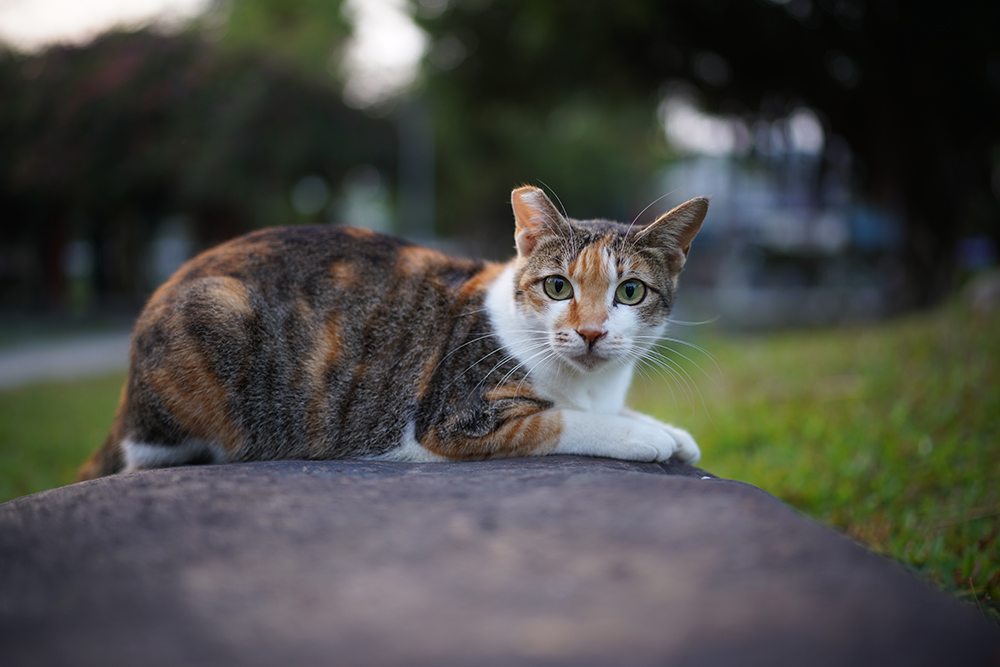
What Is a Stray Cat?
As with feral cats, there’s no precise definition for a stray cat. In fact, many times, feral cats are referred to as strays. However, some rescue organizations prefer to try and differentiate between the two (possibly to improve the odds of successful adoption). They tend to describe stray cats as cats that have been socialized to live with humans comfortably at some point in their lives but have adapted to living in the wild following a displacement of some kind.
This definition assumes that stray cats lived indoors with humans before being abandoned or accidentally getting loose and running away. It is also thought that while these cats survive outdoors, they may approach humans or “adopt” a new family who embraces them, as their primary socialization was towards an indoor life.
Depending on the location, a stray cat that continues to live outdoors risks becoming less sociable if they are perceived negatively by other humans. This is most common in places where unowned cats are viewed as a nuisance.
What Is Socialization?
A cat socialized to people will be acclimated to and enjoy companionship with humans. Socializing a cat requires you to acclimate the cat to human touch, spaces, and interaction. They won’t be afraid of the sights, smells, and sounds associated with living with people (except maybe the vacuum cleaner!)
Socialization usually requires interaction with the kitten from an early age to teach the kitten that humans aren’t to be feared. If a kitten isn’t socialized in this critical development window (prior to being 8 weeks old), they may become fearful of humans and find it difficult to socialize. However, adult cats have successfully been socialized, and claims of this timeline are disputed. Many rescuers also find these claims to be counterproductive to animal welfare, as it makes their job of finding families for older pets much more difficult.

The 5 Ways How to Socialize Your Kitten (Even Feral Ones!)
Socialization is best when started at a young age, and a kitten will be more sociable toward humans if their mother (the queen) is used to humans as well. Kittens older than 8 weeks are thought to have spotty success with socialization. If you have a kitten, here are some of the steps you need to take to socialize your kitten with humans properly.
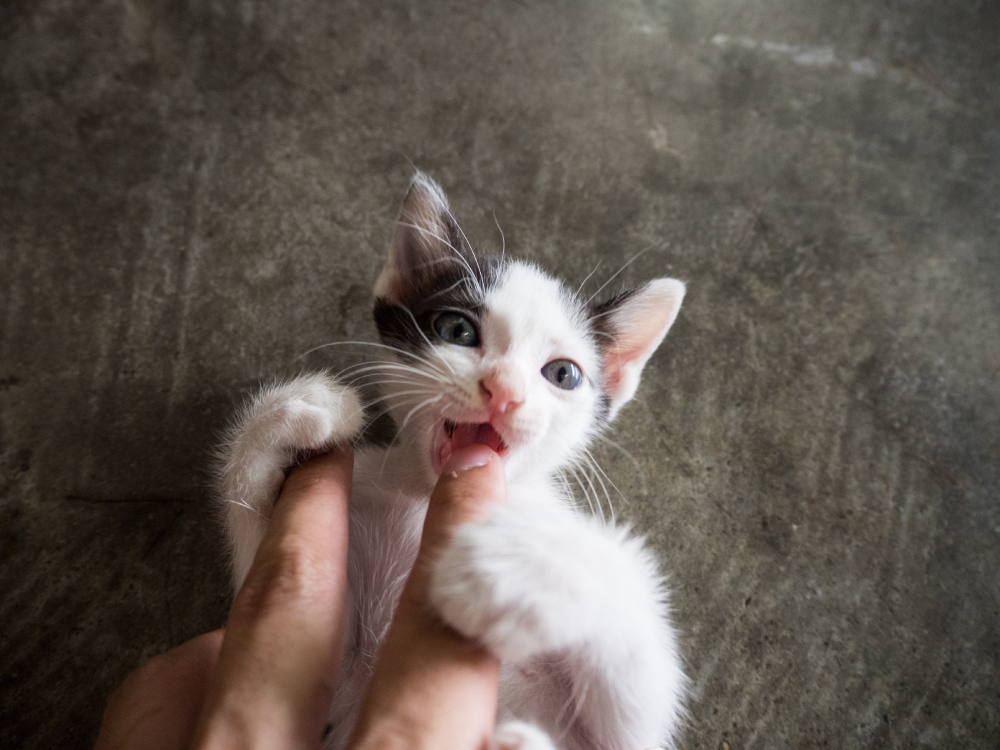
1. Help Your Kitten Feel Comfortable
Socialization begins with ensuring that your kitten is comfortable, healthy, and has their nutritional needs met. The easiest way to ensure their nutritional needs are met is to buy an appropriate commercial kitten food that meets regulatory standards (in the US, this is an AAFCO-approved product).
Your kitten should have their own litter boxes, a resting place, toys, trees, feeding bowls, and vaccinations and parasite control protocols as recommended by your veterinarian.
If you need to speak with a vet but can't get to one, head over to PangoVet. It's an online service where you can talk to a vet online and get the advice you need for your pet — all at an affordable price!
2. Get Your Kitten Used to the Sounds of People
Talking to your kitten is a great way to socialize with them. Cats can recognize and distinguish your voice from that of others and even recognize their name over time. This makes it important to communicate with your kitten by talking to them.
3. Socialize With Food
Food is a great way to show goodwill to animals. Every animal understands food, and giving your kitten food while you’re nearby helps them learn to associate people with food and create positive connections to people for the kitten.

4. Reward Kittens Who Are Social
Like any other animal, kittens develop positive feelings towards positive interactions and those who drive them. So, if your kitten comes over for a cuddle or wants to play with you, don’t be afraid to reward them to show them you like that!
5. Socialize With Play
Playing with the kittens helps them learn to trust you. Two hours of daily play (as a minimum) can help the kittens learn that people are part of their colony and should be treated as friends!

Final Thoughts
The difference between a stray and a feral cat is definitely up to different interpretations and not something that’s set in stone. Generally speaking, a feral cat might be less approachable; however, this may be drastically different in some parts of the world.
Fortunately, socializing a feral cat is considered possible. Though the ethics of socializing an older feral cat is a topic of debate, it’s generally accepted that a young kitten under 8 weeks of age can be socialized and acclimated to an indoor environment successfully.
Related Reads:
Featured Image Credit: IMG Stock Studio, Shutterstock
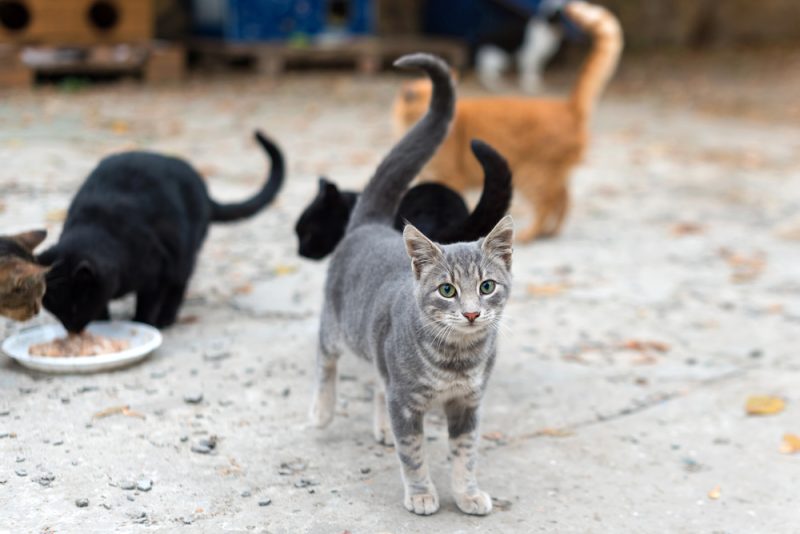





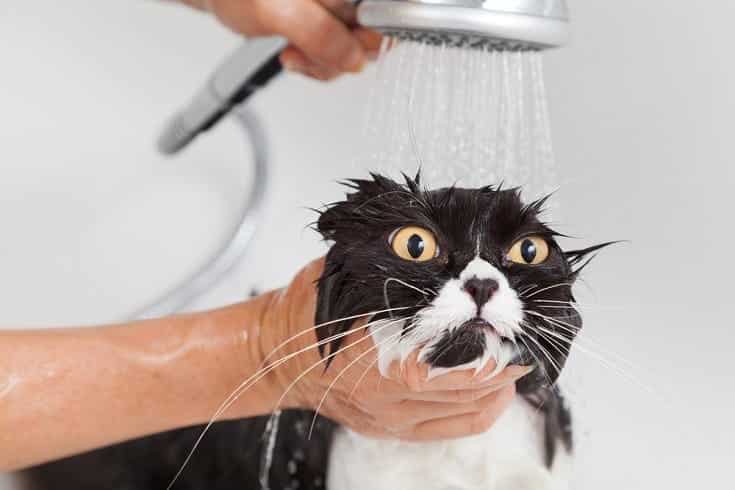

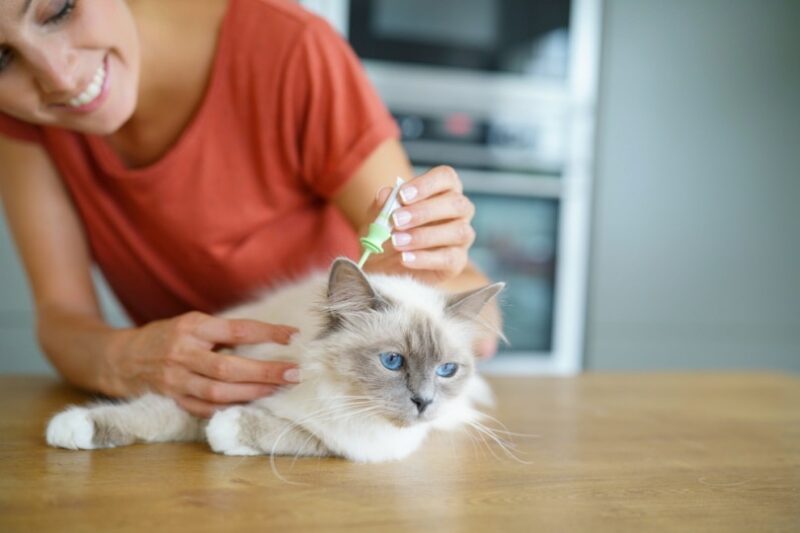
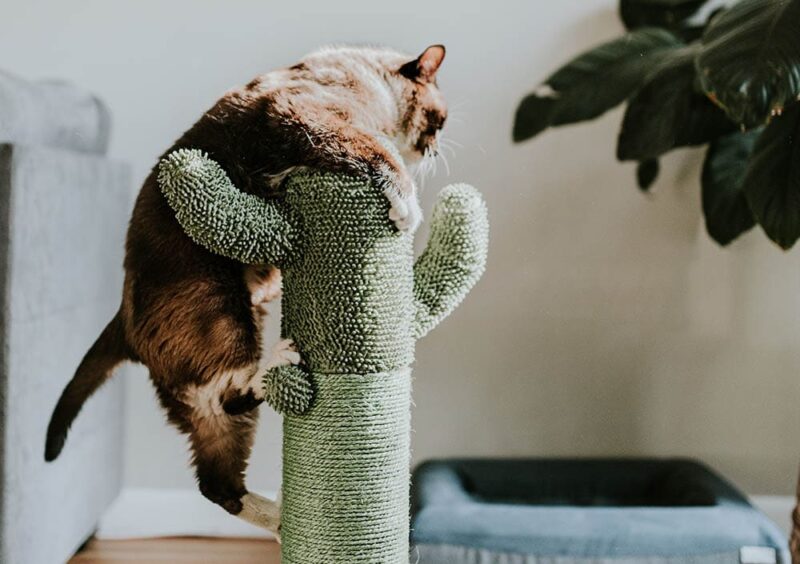

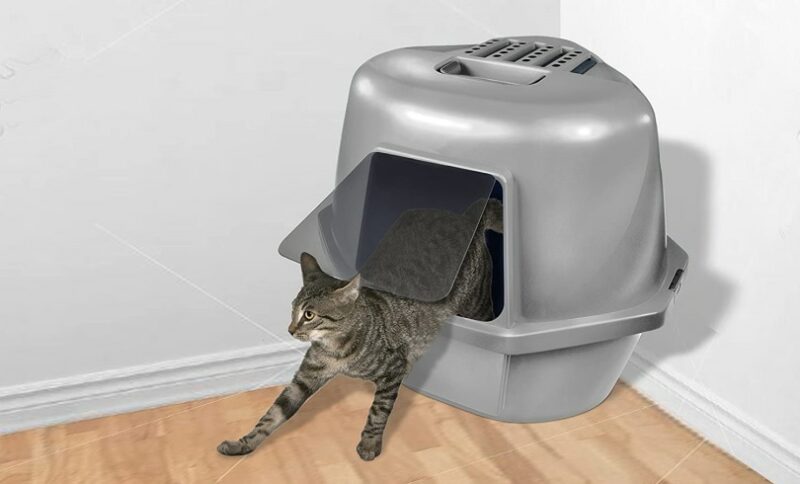
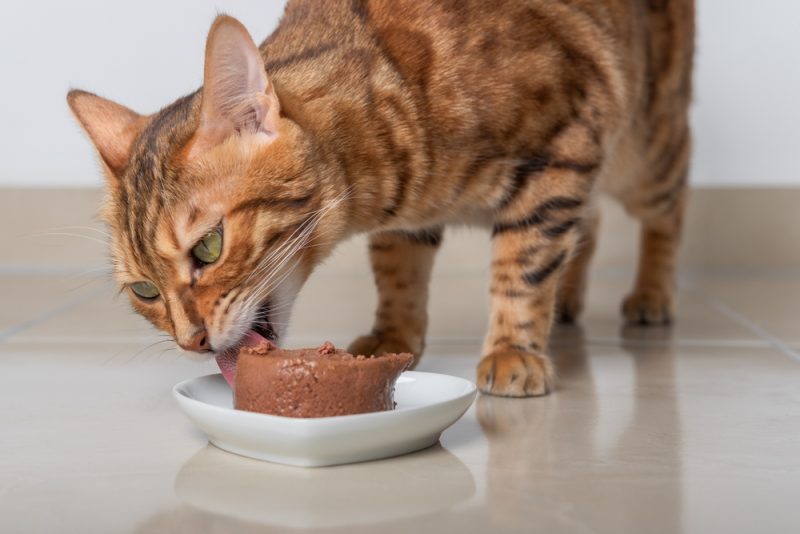
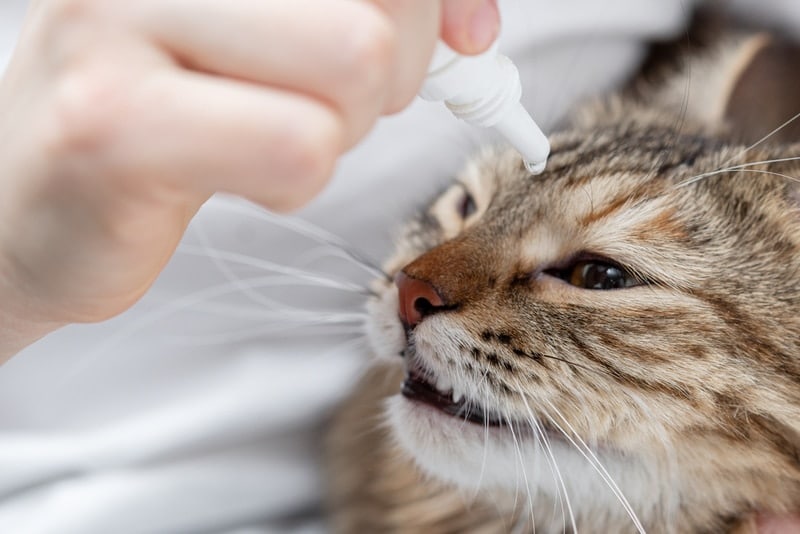
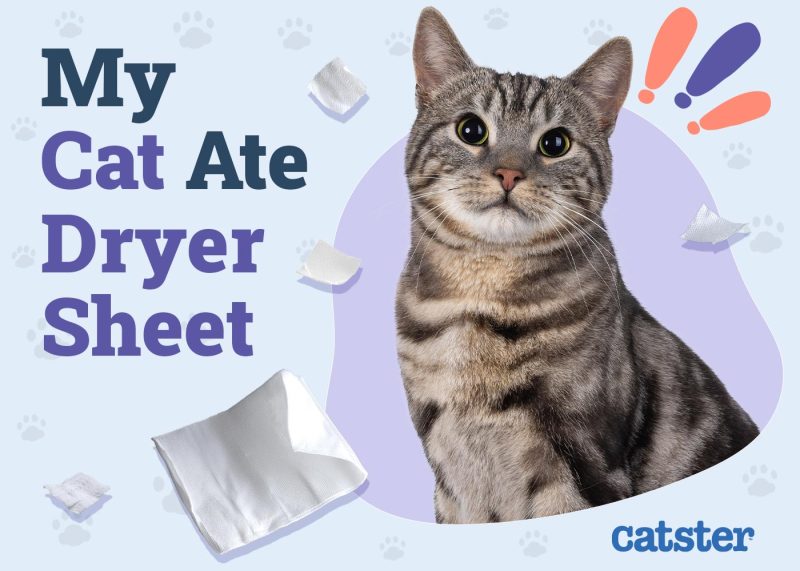
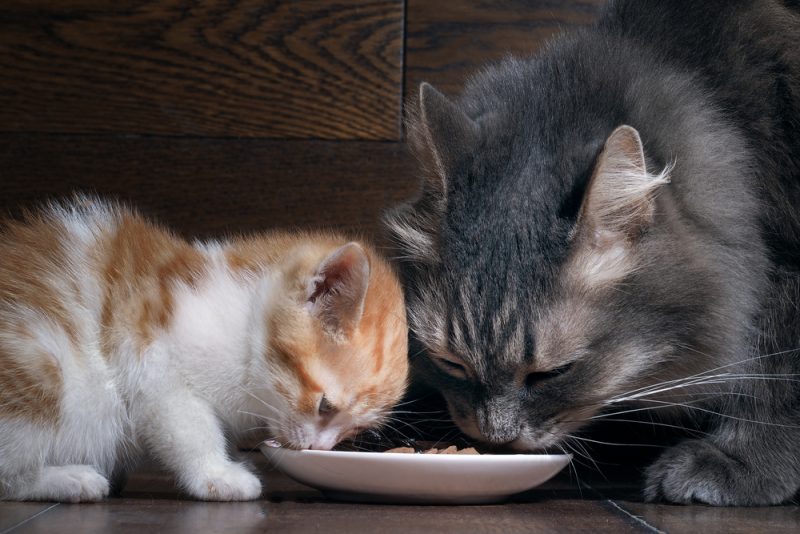


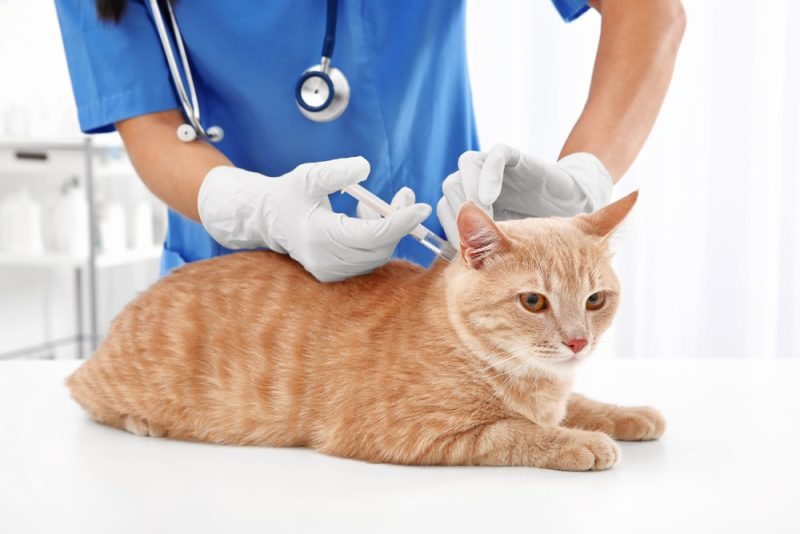




2 Responses
Can you please link to studies or at least give more information about the sources and how the studies reached their conclusions? There is nothing pointing to journals, day / year of publication, methodology, and so on.
Hi ik, the sources are there, kindly click “Sources” after the “Final Thoughts” section.